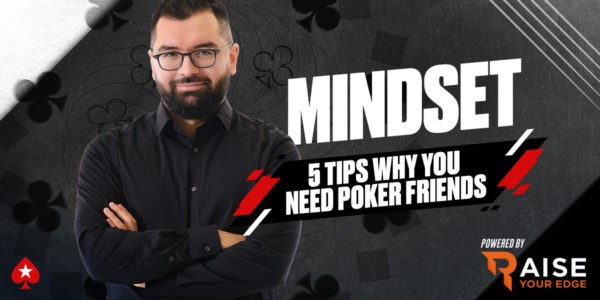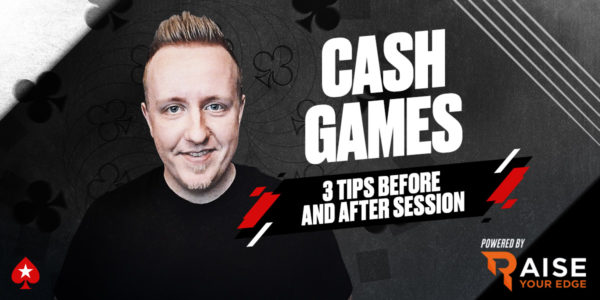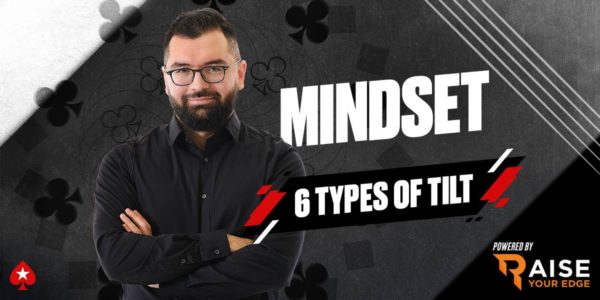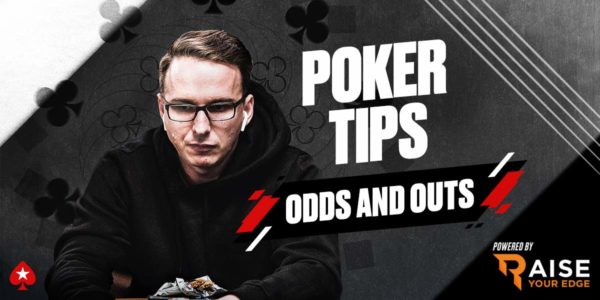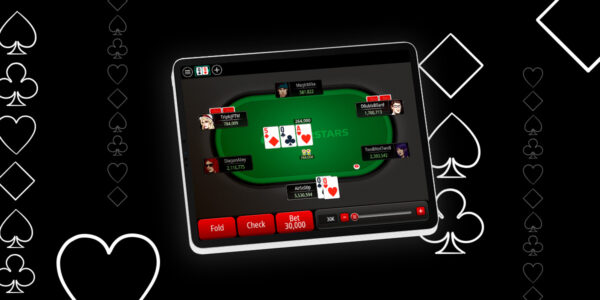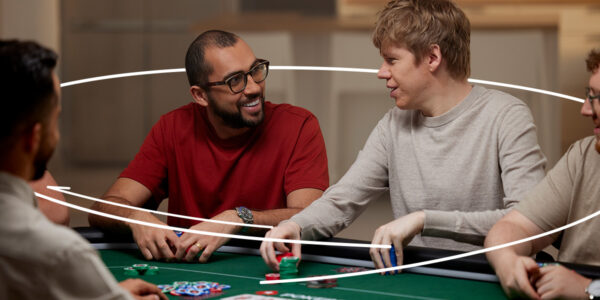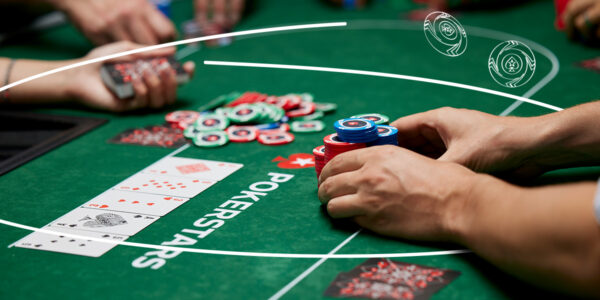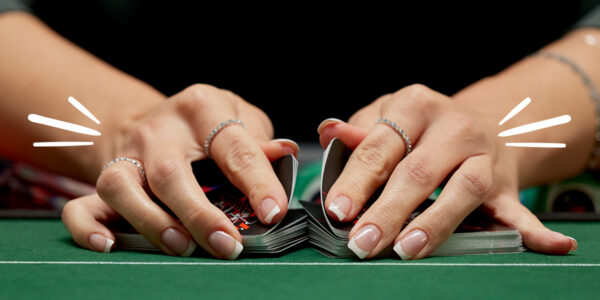Micro Stakes Tournaments – Part 4
In the earlier parts of this series, we covered how to approach micro stakes tournaments from the early stages, approaching the money, and newly in the money but prior to tangible pay jumps that occur closer to and at the final table. Today we’re going to discuss the deeper money stages leading up to the final table.
At this stage, all players have locked up a nice little payday. But typically, nerves and tension is now higher than ever. You’ve made it through thousands of players, and now are down to the final few tables. Every one of your opponents knows how much the winner of the tournament will be adding to their account. To many of your micro stakes opponents, this sum represents a big score, perhaps in some cases making their account balance the largest it’s ever been. And when entering tournaments with thousands of runners, who knows when we’ll be back to this point again?

The desire to capitalize on this opportunity right now will be strong. Winning tournament regulars are much less impacted by this pressure, because they understand they are profitable with volume, and they’ve been here before, probably many times. In micro stakes tournaments however, most of these players won’t be in that category. Many are recreational players who may be looking at their biggest potential score to date. And it’s not just the money that’s a factor. They are eager to tell their family, friends, significant others about their success. They want to say they won. Not that they finished 35th. There is emotional and psychological pressure that comes with this spot as well as financial. How much each of these affects individual players varies, but they are all going to be present in some sense.
How can you identify who’s feeling the pressure, vs. who’s playing to win?
Actions: Players who are feeling ominous about busting out will instinctively start playing not to lose, which is very different from playing to win. The natural direction of a not-to-lose mentality is to become tighter, more conservative, and being more reluctant to put their stack at risk. When a player who was playing more reasonably starts getting very tight in these later stages, it’s a decent indicator they are feeling pressure. If they go broke getting KK cracked, their poker friends will all understand and commiserate. If they go broke 3B resteal jamming over a wide button opener with A3s because they ran into AK or QQ this time, not all their poker friends (many of whom will be losing players) will understand and may scoff at them, declaring it a punt. Forget about their family our significant other understanding. A bad beat story provides an “excuse” for the exit they can save face with. A well-executed exploit that is unluckily timed doesn’t.
Verbal: This happens more in live events, but online sometimes chatters can give themselves away. They may fold to a raise on the turn saying in chat “it’s not worth the risk”, or viewing an aggressively active player, may admonish them for “being foolish” or “trying to punt”. These comments or statements can take many forms, but they tend to revolve around the same thing… the player is projecting their own insecurity about the situation onto their opponents while adjusting their play to a more conservative, not-to-lose mentality.

Stack Size Movement: A slow decline in stack size is another indicator that naturally flows from the conservative, wait for strong hands and scared to bust mentality. They are folding. A lot. Blinds and antes are large now and eroding the stacks of the folders. By this stage of the tournament, even if you multi-table, you are now likely paying close attention to your table. Noticing who’s stack is slowly shrinking, and who is folding a lot vs. being more active will help you devise a strategy to exploit them.
The best ways to adjust now at this stage of the game include:
Keep the Faith: What I mean by this is, try and make a conscious effort to continue playing to win, i.e. don’t fall prey to the above pressures yourself. This can be easier said than done, but if you don’t do it, then it will be your stack eroding and it will require a large amount of luck for you to final table, and end up in the top few spots… the luck of getting some big hands, and having them both get action and hold up, or getting lucky over and over as a short stack to fade elimination at the hands of the bigger stacks.
Attack the Folders: Those people who seem to have gone into a not-to-lose mentality can be stolen from quite liberally. They’ll be reluctant to risk their tournament life or a chunk of their stack on a marginal holding. They may still open some weaker hands in late position, because they know they should be, but will quickly discard them to pressure. So 3-bet their LP opens a bit more liberally, steal their blinds more, etc.
Attack Playing to Win Players: Some players will be ramping it up a bit to exploit the folders and leverage the pressure of the late stage game. When one of these players opens with a wide range, don’t be afraid to attack them. Everyone is scared of engaging these types, but that’s just the fear of busting rearing its ugly head. The truth is most of these will be the fearless players and stronger players, but they don’t want to punt any more than the tight players do. They likely perceive themselves to have a decent edge now given all the folders handing them small pots, and won’t want to relinquish that with a bad call off. So they provide a situation where they are likely opening wider than normal, but content to concede when played back at and they don’t have the goods… creating even more fold equity for you should you chose to seize it.

One last thing… invariably, deep in these tournaments some players will straight up punt their stack. It can be the loose-aggressive players not recognizing when to slow down, but the tight folders do it too sometimes. I see it in virtually every tournament I’ve ever run deep in at low or micro stakes. The pressure sometimes builds up until someone snaps. How can this guy who’s folded for 50 hands in a row suddenly 3B shove for 8bb over a 2.5x open (thus having no realistic expectation of fold equity) with 97o? That’s the big hand they were waiting for all this time? No, of course not… they just snapped. It can be difficult to adjust to this since it’s hard to predict when someone might snap… but the key is to make sure it’s not you this happens to. My best advice is to try and continue taking deep breaths, stay as relaxed as possible, and stay the course with your game plan. So while the other player may say to themselves “I’m sick of this bully opening constantly, taking all my spots, controlling the table, they’re full of it, I’m all in” and sheepishly showing 97o when they are obviously called, you’ll say to yourself “I’m sick of this bully opening constantly, clearly they are light. But I have 8 big blinds and they really aren’t likely to fold to a shove after opening 2.5x. And 97o is a really bad hand so to have a profitable shove spot I really need that fold equity. Sigh, I really do need to let this go.”
Condimentum Nibh
Donec sed odio dui. Cras mattis consectetur purus sit amet fermentum. Vestibulum id ligula porta felis euismod semper. Curabitur blandit tempus porttitor.



